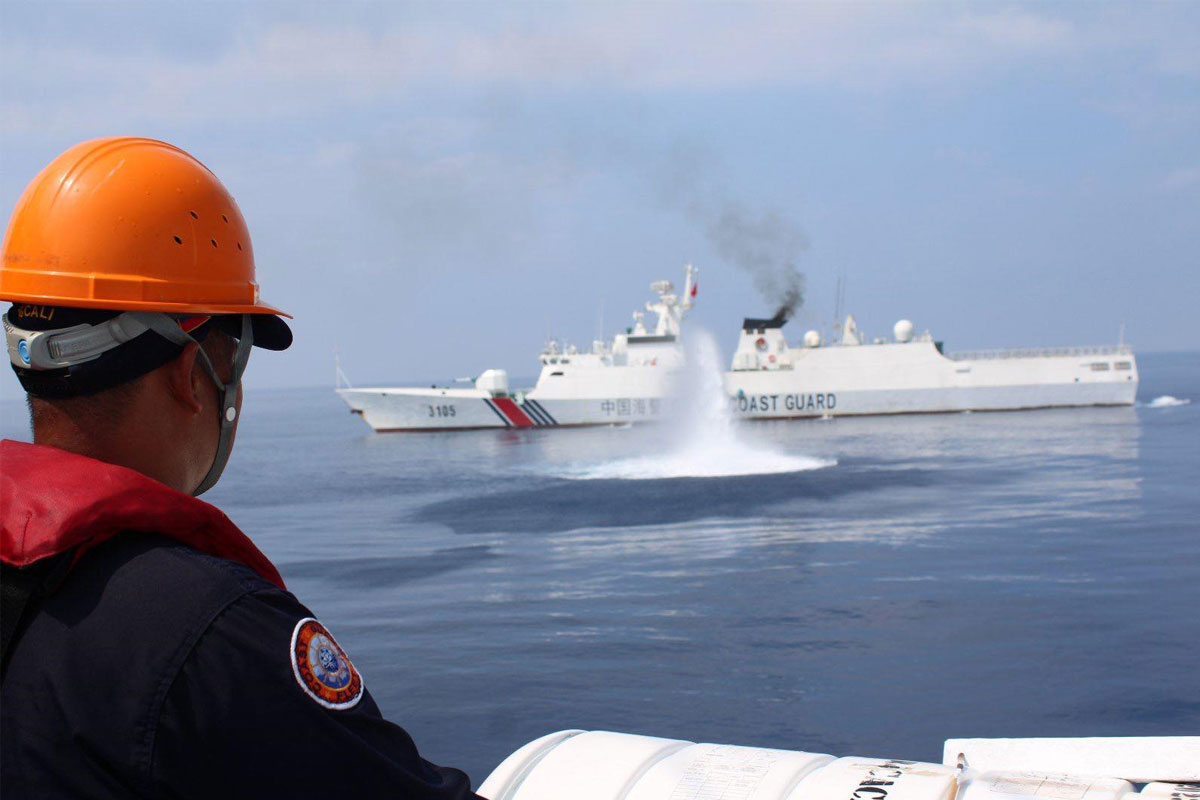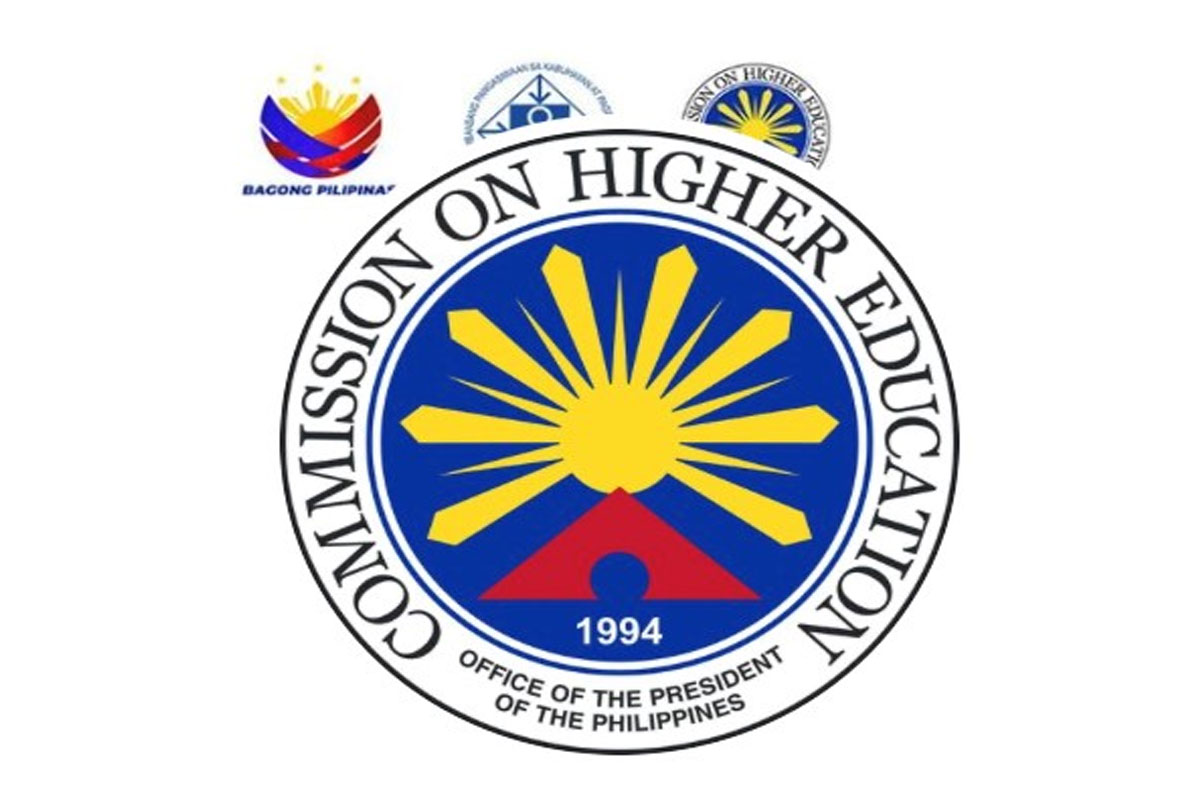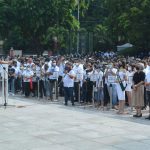
Gov’t urged to impose stricter limits on POPs
THREE environment-advocate groups urged the Philippine government to strongly support the implementation of stricter limits for persistent organic pollutants (POPs) in waste to avoid contaminating the recycling chain and halt hazardous waste imports.
The EcoWaste Coalition, Interfacing Development Interventions for Sustainability (IDIS), and the Mother Earth Foundation (MEF) made the appeal coinciding with the celebration of “World Environment Day”.
The groups said that the Philippine delegation is now attending the Conferences of the Parties of the Basel, Rotterdam, and Stockholm Conventions (BRS Triple COP) in Geneva to align itself with African nations in seeking stricter levels for POPs in waste.
Fifty-three countries belonging to the African bloc are advocating for stricter limits for POPs such as polybrominated diphenyl ethers (PBDEs) in waste under the Basel Convention to stop imports of PBDE-containing e-waste into the region and to end recycling of POPs waste into new products.
Aileen Lucero, EcoWaste Coalition national coordinator, stressed that the countries on the “receiving end” of the inequitable global waste trade will suffer more if parties accept less stringent limits for POPs in waste, as this will encourage more hazardous waste exports.
“Delegates must negotiate with the paramount interest of people’s health and the environment in mind and decide on the most stringent limits that will block the transfer of POPs-containing products and wastes to developing nations to protect vulnerable populations and ecosystems,” Lucero added.
Atty. On the other hand, Mark Peñalver, IDIS Executive Director, said lowering the threshold values for POPs in waste will prevent such waste from being exported to the Philippines and other countries under the guise of recycling.
“If stricter limits are adopted, governments can then enact regulations based on these limits to stop the entry of POPs-contaminated wastes into our ports, markets, and households,” Peñalver explained.
For her part, MEF chairperson Sonia Mendoza explained that establishing stricter limits is necessary to ensure that waste materials containing POPs do not contaminate the recycling chain with these persistent chemicals.
“New products should not be created using old POPs as this toxic recycling will further pollute the local and global environment. This is not the type of recycling that ‘zero waste’ advocates want, which is poisoning the circular economy we aspire for,” Mendoza added.
As emphasized by the International Pollutants Elimination Network (IPEN) in the fact sheet made available to BRS Triple COP delegates, POPs waste “cannot be landfilled, reused, or recycled, because POPs content in that waste would also be recycled and thus would not stop this chemical pollution from entering the environment,” stressing further “neither can POPs waste be exported to countries lacking the capacity for its destruction or transformation, which in most cases means it cannot be exported from developed to developing countries.”

















